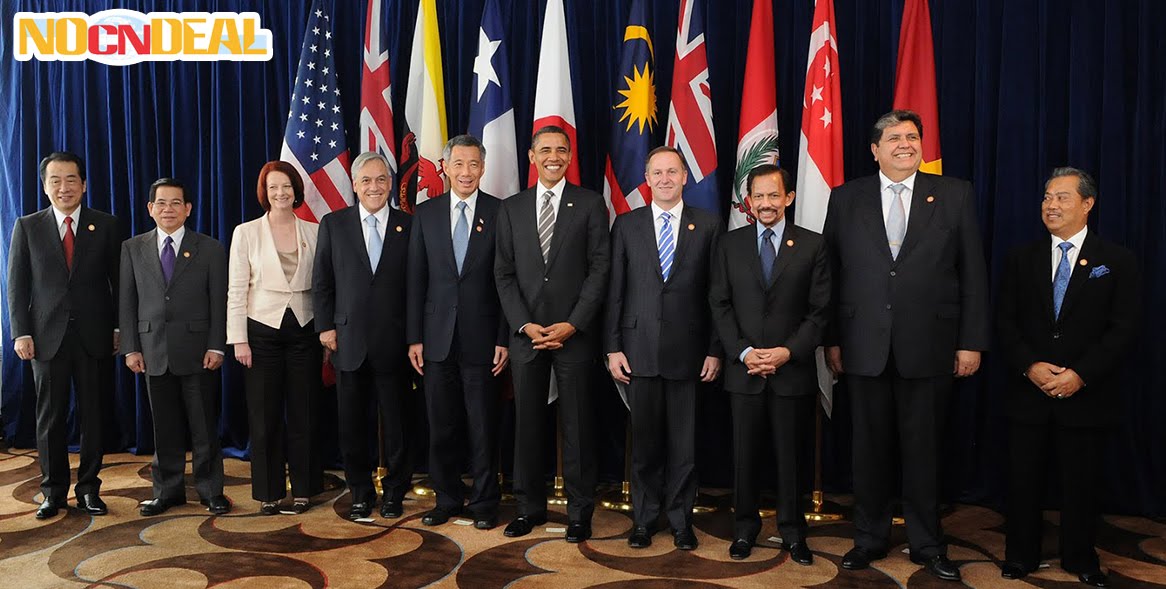PETALING JAYA: The Trans-Pacific Partnership Agreement (TPPA) would open up additional market opportunities for the local banking sector to gain more access especially within Asean member countries, according to Maybank IB Research.
“Positively, the Trans-Pacific Partnership Agreement (TPPA) opens up additional market access opportunities, with preferential terms for member countries.
“At present, however, the only Asean countries in this partnership, aside from Malaysia, are Brunei, Singapore and Vietnam,” said Maybank IB in a report yesterday after attending a briefing by Bank Negara on TPPA recently.
In brief, the TPPA encompasses 12 prospective member countries. They are Australia, Brunei, Canada, Chile, Japan, Malaysia, Mexico, New Zealand, Peru, Singapore, the US and Vietnam.
According to Maybank IB, the key takeaways with regards to the impact on the domestic banking sector are that there will be additional opportunities within Asean, but there would be a gradual increase in competition domestically.
In Brunei, the Malaysian financial institutions can look to capitalising on the freedom of restrictions for new licences, foreign equity and establishment of sub-branches in the banking and insurance sector.
“Brunei will also have cross-border supply of insurance related to maritime, aviation and goods in international transit (MAT) as well as provision and transfer of information including financial data processing,” it said.
In the case of Singapore, Maybank IB said there would be no restrictions for foreign equity in the insurance sector and new licenses for wholesale banks
There would also be a provision and transfer of information including financial data processing and cross-border MAT intermediation by brokerages.
In Vietnam, TPPA strategic investors could hold up to 20% equity in Vietnam’s commercial banks.
“However, a point to bear in mind is that the gradual liberalisation of the banking sector is already encapsulated within Malaysia’s Financial Sector Blueprint 2011-2020, so domestic banks will have to brace for the eventual increase in competition.
“Also another point to note is that the additional branches and ATM liberties accorded to TPPA member countries are subject to reciprocity, so any increase in competition from foreign players is likely to be a very gradual affair,” it said.
Currently, there are 19 foreign commercial banks and nine foreign Islamic banks (including the international Islamic banks) in the country and they cumulatively account for about 21% of the banking system’s total assets.
What Malaysia is offering in return, according to Maybank IB would be new licences and up to 100% foreign equity subject to the fulfilment of the “best interest of Malaysia” criteria and additional eight sub-branches over and above the current eight branches that foreign banks are allowed to have, and no restriction on ATMs.
“The TPPA in itself is relatively neutral on the financial sector, in our view, but the indirect benefits of increased tradeflows and investments would eventually be positive for the local banks,” said Maybank IB.
From a trade perspective, the TPPA effectively opens up four new preferential markets to Malaysia ie the US, Canada, Mexico and Peru, with future duty eliminations ranging from 76-93%.
Key domestic sectors that are expected to benefit from this would be electrical and electronics, rubber products, palm oil, transport equipment, wood and textiles.
Source: The Star online








Không có nhận xét nào:
Đăng nhận xét